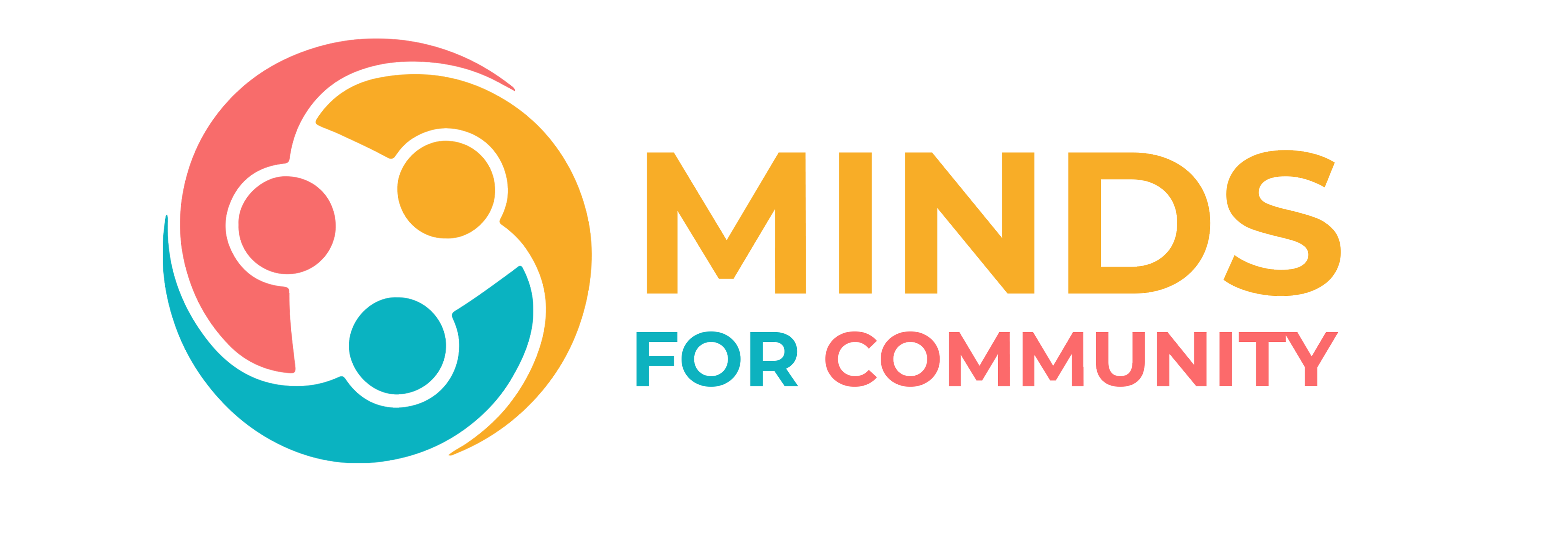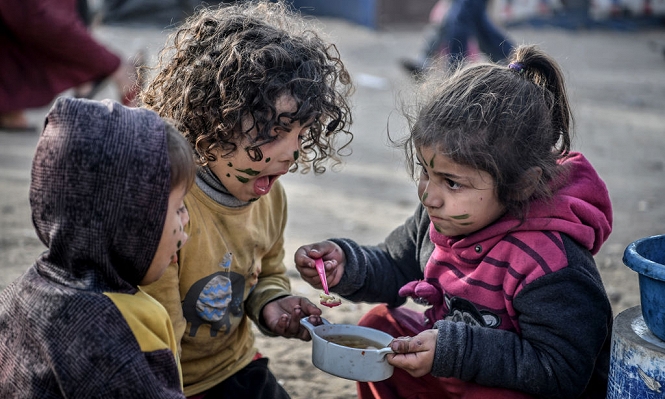“The child deaths we feared are here, as malnutrition ravages the Gaza Strip.
At least ten children have reportedly died because of dehydration and malnutrition in Kamal Adwan Hospital in the Northern Gaza Strip in recent days. There are likely more children fighting for their lives somewhere in one of Gaza’s few remaining hospitals, and likely even more children in the north unable to obtain care at all.
These tragic and horrific deaths are man-made, predictable and entirely preventable.
The widespread lack of nutritious food, clean water and medical services, a direct consequence of the impediments to access and multiple dangers facing UN humanitarian operations, is impacting children and mothers, hindering their ability to breastfeed their babies, especially in the Northern Gaza Strip. People are hungry, exhausted and traumatized. Many are clinging to life.
The disparity in conditions between the north and south is clear evidence that aid restrictions in the north are costing lives. UNICEF and WFP malnutrition screenings in the north in January found that nearly 16 per cent – or 1 in 6 children under 2 years of age – are acutely malnourished. Similar screenings conducted in the south in Rafah, where aid has been more available, found 5 per cent of children under 2 years are acutely malnourished.
Humanitarian aid agencies like UNICEF must be enabled to reverse the humanitarian crisis, prevent a famine, and save children’s lives. For this we need multiple reliable entry points that would allow us to bring aid in from all possible crossings, including to northern Gaza; and security assurances and unimpeded passage to distribute aid, at scale, across Gaza, with no denials, delays and access impediments.
UNICEF has been warning since October that the death toll in Gaza would increase exponentially if a humanitarian crisis emerged and was left to fester. The situation has only gotten worse, and as a result, last week, we warned that an explosion in child deaths was imminent if the burgeoning nutrition crisis wasn’t resolved.
Now, the child deaths we feared are here and are likely to rapidly increase unless the war ends and obstacles to humanitarian relief are immediately resolved.
The sense of helplessness and despair among parents and doctors in realizing that lifesaving aid, just a few kilometres away, is being kept out of reach, must be as unbearable, but worse still are the anguished cries of those babies slowly perishing under the world’s gaze. The lives of thousands more babies and children depend on urgent action being taken now.”







